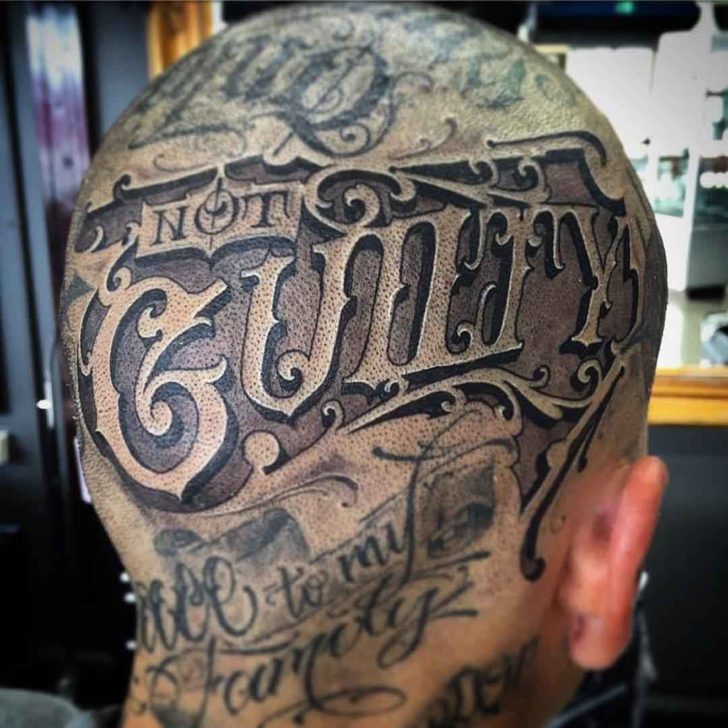[UPDATE -- I had the unsubscribe email up earlier. Sorry about that, but it is fixed now.]
Here is today's entry:
On July 18, 1949, Jackie Robinson, the first African-American to play major league baseball in the modern era, appeared before the House Un-American Activities Committee. Robinson was not suspected of being a communist or “fellow traveler.” But communists at home and abroad were in the habit of making much of the hypocrisy of an America that preached democracy and equality, but practiced Jim Crow. HUAC wanted assurances that the American black community was not tempted by communist blandishments.
Robinson began his testimony with a brief statement. (This was a good sign. Many witnesses were denied the privilege of making any statement before answering questions.) It included the following:
"I have had a great many messages come to me, by wire, phone and letter, urging me not to show up at this hearing. And I ought to make it plain that not all of this urging came from Communist sympathizers. Of course most of it did. But some came from people for whom I have a lot of respect and who are just as opposed to Communist methods as I am.
"And so it isn’t pleasant for me to find myself in the middle of a public argument that has nothing to do with the standing of the Brooklyn Dodgers in the pennant race – or even the pay raise I am going to ask Mr. Branch Rickey for next year!
"So you’ll naturally ask, why did I stick my neck out by agreeing to be present and why did I stand by my agreement in spite of the advice to the contrary."
Robinson went on to assure the committee members that the African-American community would not be seduced by the communist sales-pitch. Apparently the committee was satisfied. Robinson never heard from them again.

